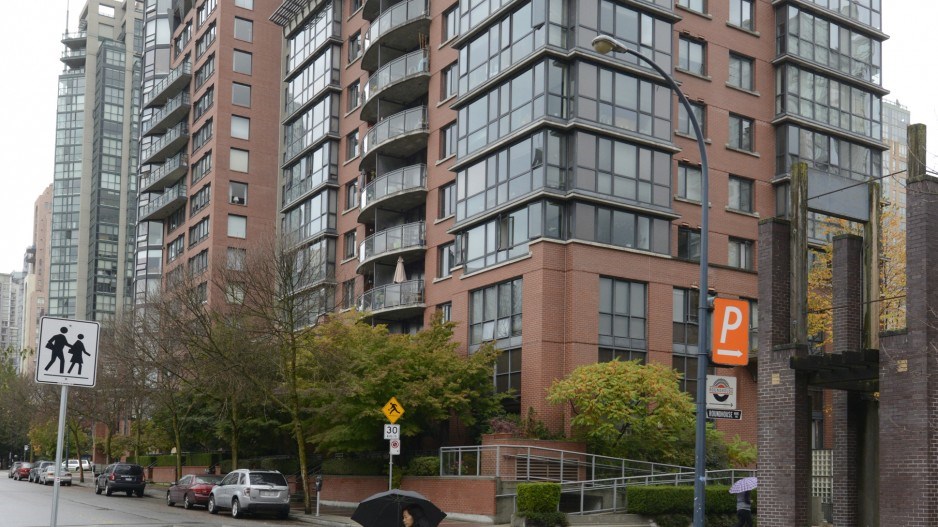At least 8,000 families in Vancouver are renting a one-bedroom apartment or smaller in a city that has 67,000 units of purpose-built rental housing units, according to estimates by city housing staff who presented a report to council Tuesday that aims to create more three-bedroom homes.
Of the specific data collected by the city, it says only 530 three-bedroom units exist among 55,800 rental accommodations, including highrises and three-storey walk-ups. And it is estimated that only six per cent of rental strata units have three-bedroom homes, which leaves a huge gap for families searching for more liveable accommodation.
“We’ve not seen the supply of three-bedroom units grow in the last 20 years,” said Abigail Bond, the city’s director of housing policy and projects, as she outlined the city’s plan to add more three-bedrooms to the city’s rental housing supply.
Staff has proposed waiving development cost levies for developers as an incentive to build the larger units. The proposal is in the form of an amendment to an existing city program that has seen developers build studio, one-bedroom and two-bedroom market rental units.
Under those programs, known as STIR and Rental 100, incentives include the waiving of development cost levies, expedited processing of development permits, bonus density through rezoning and reducing the number of costly parking spots required for a development.
Though the city’s programs led to 3,783 units approved since 2010, with 2,238 of those issued development permits, only one per cent will be built as three-bedrooms. Development cost levies are currently not waived for three-bedroom units, which is a cost borne by the developer.
“We have seen a slowing of interest in the program and we’ve been hearing from developers about some of the challenges with these new affordability benchmarks, and even seeing a greater reticence to include three-bedroom units in their projects,” Bond told council, which is expected to vote on the proposal Wednesday.
She said more flexibility, certainty and clarity is needed for developers to be encouraged to build three-bedroom units. Under the existing program, if a three-bedroom unit doesn’t meet rental rates set out in city bylaws, the entire project — including studio, one-bedroom and two-bedroom units — would not be eligible for development cost levies to be waived. Depending on the project, levies can total more than $600,000.
Under the city’s proposal, if such a scenario were to occur, the developer would still receive a partial waiver for keeping all units except the three-bedrooms at rental rates outlined by the city. If the developer doesn’t exceed those rents, the project would receive the full waiver.
But what’s the rent?
The city’s proposal sets the average rent for a three-bedroom, east of Ontario Street, to be at $2,338 per month. On the West Side, where costs are greater for land, it will be $2,572 per month. Those rents will be in effect — along with an anticipated 2.2 per cent annual hike allowable under the Residential Tenancy Act — when council approves a project.
But council heard that once the first renter of a project moves out, then a building owner can increase the rent to what the market would bear. NPA Coun. George Affleck said the term “affordable” can’t really apply to the program , if developers can raise rents over time to new tenants.
For years, city council has said housing becomes affordable for a person who pays 30 per cent of their income towards housing. The city has no power to enforce an annual rental rate, a policy that would have to be implemented by the provincial government.
Council was expected to hear from members of the public at Wednesday’s council meeting before deciding whether it wanted to go ahead with the proposal. More than 50 per cent of Vancouver residents are renters.
For more stories from the Vancouver Courier go to www.vancourier.com
@bizinvancouver




